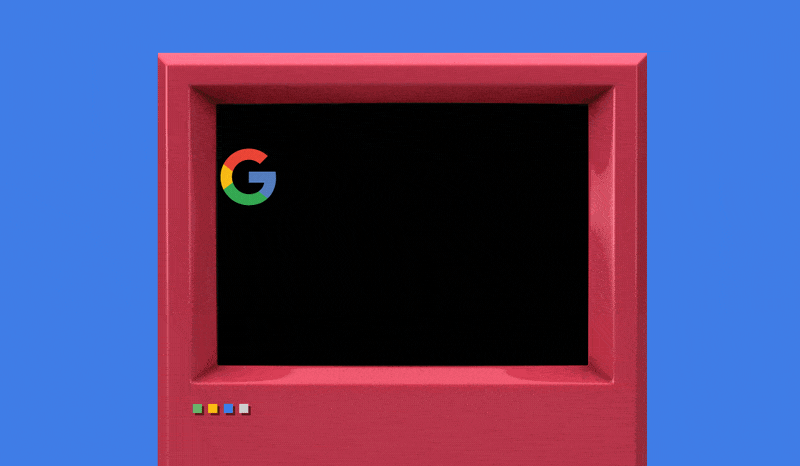Secure your place at the Digiday Media Buying Summit in Nashville, March 2-4
Google’s latest privacy tool is also a useful feature to bolster ad performance

Google is set to launch a new tool to help users better manage the types of ads they see and precisely who’s behind them, in a move it hopes will placate the privacy and transparency lobby.
Dubbed My Ad Center, the upcoming feature will let users of the online giant’s search engine, Discovery tool, and YouTube customize their ad experience on those properties in a variety of ways.
The service is scheduled to launch later this year and substitute Google’s existing “About this ad” feature; it will also offer users more control over what kind of ads they’ll see by choosing the topics and brands they want to see more (or fewer) of.
In particular, My Ad Center will let users customize their ad experiences around “sensitive” ad topics, such as alcohol, gambling, pregnancy and parenting, or dating, or even turn off all forms of personalization.
Additionally, the pending update will also let Google users manage their demographic data such as age, relationship status, or education levels, block specific ads altogether or even request more ads from a brand.
Google previewed My Ad Center as part of its flagship Developer I/O conference, hosted in Mountainview, California, earlier this week amid a host of consumer-facing announcements such as the latest version of its Android OS.
Speaking with journalists, David Temkin, director of product management, ads privacy and user trust, Google, demonstrated My Ad Center and further explained how it will also let users report an ad, identify what party paid for ad placement as well as better understand why they were served a specific ad.
“It is designed to give users a whole new level of control, agency, [and] value in what they see in personalized ads on Google websites and Google Apps,” he said. “We’re giving the user control very granular control over what they see on those Google sites and apps.”
Temkin characterized the launch of My Ad Center as “not about [privacy] compliance or checking a box” adding that “we’re actually building something for users… this is not about control over targeting categories, it’s something completely new.”
He further added, “We are giving users control over the contents of the ads you can have a targeting category that might relate to interest into a certain category of products, but that doesn’t mean that when you turn it off, you’re not going to be getting ads about those products. This is specifically about products and brands.”
Upon launch, the preferences a user indicates in My Ad Center won’t impact the types of ads they’ll be served via the Google Display Network, but Temkin noted how it does intend to expand the service to all of its own and operated properties eventually.
Commenting on the announcement, sources told Digiday My Ad Center is likely Google’s attempt to maintain ad performance on its network while also complying with the growing legal requirements on how it can share data with advertisers.
Michael Oulette, svp, marketer, agency & tech strategy, Prohaska Consulting, noted how the pending launch of the service is an updated iteration of earlier efforts to give users more control over the types of ads they’ll see.
“We’ve definitely seen this before, but I don’t think we’ve seen anyone succeed where we’ve seen consumers want to do what Google is trying to get them to do which is provide these deep preferences on how they want to be advertised to,” he said. “They’re enriching their own ad ecosystem through zero-party data by getting people to give them this information.”
Ana Milicevic, co-founder and principal at Sparrow Digital Holdings, noted that while any attempt to give consumers more agency over how their personal information is accessed by the ad industry is to be welcomed, there is an element of déjà vu to the announcement.
“While this is, seemingly, an improvement for consumers, it’s also a nice way of doing a few things,” she said. “One is, Google is saying, ‘Look, consumers have choice’ and the other is, ‘Look, consumers can clearly demonstrate their consent.'”
More in Marketing

Thrive Market’s Amina Pasha believes brands that focus on trust will win in an AI-first world
Amina Pasha, CMO at Thrive Market, believes building trust can help brands differentiate themselves.

Despite flight to fame, celeb talent isn’t as sure a bet as CMOs think
Brands are leaning more heavily on celebrity talent in advertising. Marketers see guaranteed wins in working with big names, but there are hidden risks.

With AI backlash building, marketers reconsider their approach
With AI hype giving way to skepticism, advertisers are reassessing how the technology fits into their workflows and brand positioning.







